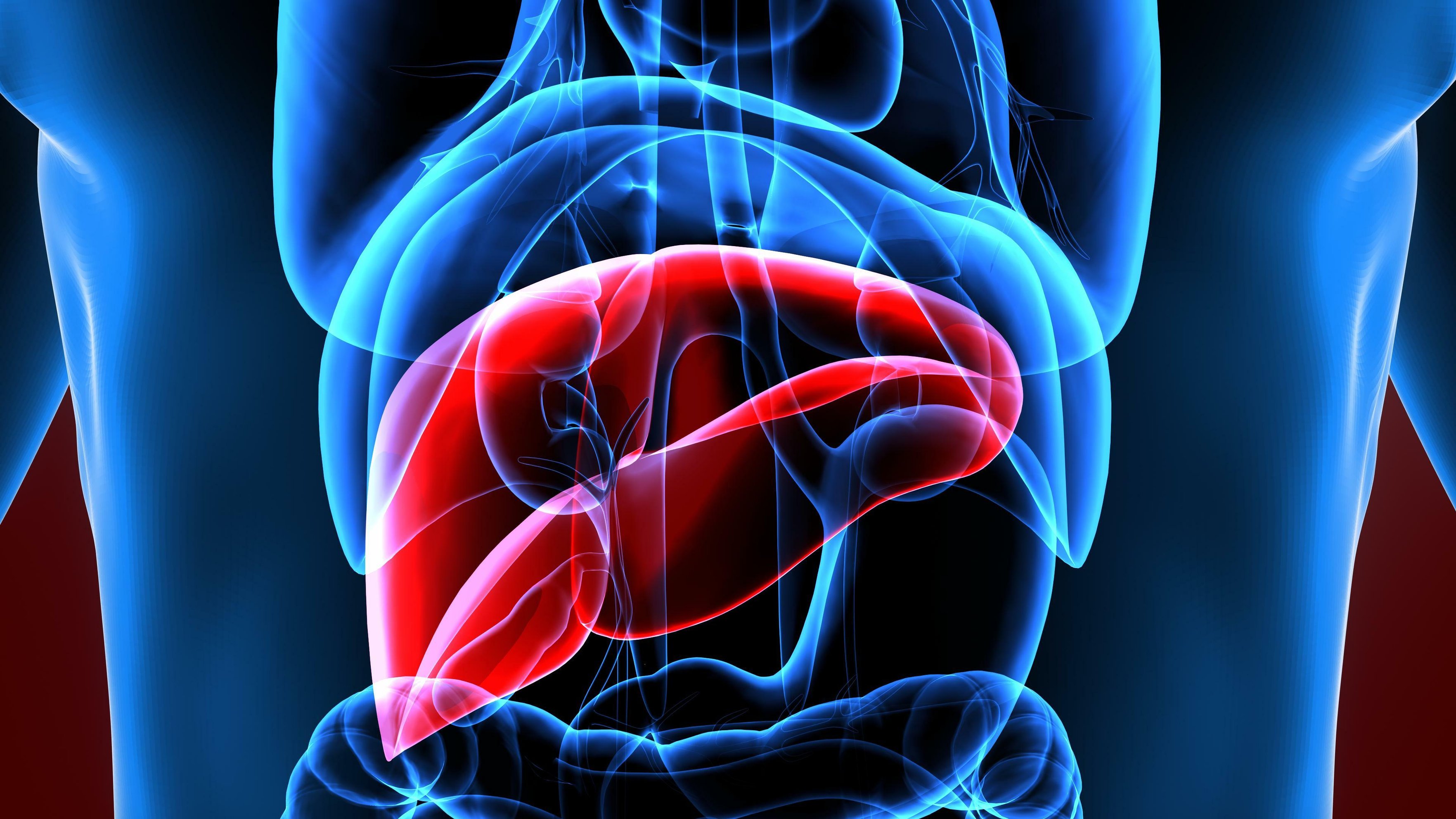Model Developed for Predicting Disease Progression in Hep B Liver Cirrhosis

THURSDAY, April 6, 2023 (HealthDay News) -- For patients with hepatitis B virus (HBV) liver cirrhosis-acute decompensation (LC-AD), a model combining computed tomography (CT) quantified extracellular liver volume (ECVIC-liver) and chronic liver failure consortium-acute decompensation score (CLIF-C ADs) can predict the occurrence of acute-on-chronic liver failure (ACLF), according to a study published online March 29 in Insights into Imaging.
Yang Xu, from Lanzhou University Second Hospital in China, and colleagues conducted a retrospective study to develop and validate a model for predicting the occurrence of ACLF within 90 days in patients with HBV LC-AD. Participants underwent dual-energy CT scans of the liver and were randomly assigned to a training group and a validation group (215 and 92 patients, respectively). The need for readmission within 90 days due to ACLF was the primary outcome.
The researchers found that CLIF-C ADs and ECVIC-liver were independent risk factors for ACLF. In the training and validation groups, the area under the receiver operating characteristic curves of the model combining CLIF-C ADs and ECVIC-liver were 0.893 and 0.838, respectively. Good agreement was seen between predicted and actual risks in calibration curves. The model had good clinical application in a decision curve analysis.
"The results of this study can be used to assist the clinic to better identify the early disease progression in LC-AD patients," the authors write.
Related Posts
Premenopausal Bilateral Oophorectomy Linked to Chronic Conditions
TUESDAY, Sept. 19, 2023 (HealthDay News) -- Women with a history of...
Unos escáneres cerebrales detectan en qué momento la psicosis y la depresión podrían empeorar
LUNES, 18 de abril de 2022 (HealthDay News) -- El futuro del diagnóstico y de...
FDA Approves First Breath Test for COVID-19
FRIDAY, April 15, 2022 (HealthDay News) -- People who suspect they may have...
Formulary Restrictions May Worsen Atrial Fibrillation Outcomes
FRIDAY, Aug. 12, 2022 (HealthDay News) -- Limiting access to non-vitamin K...
